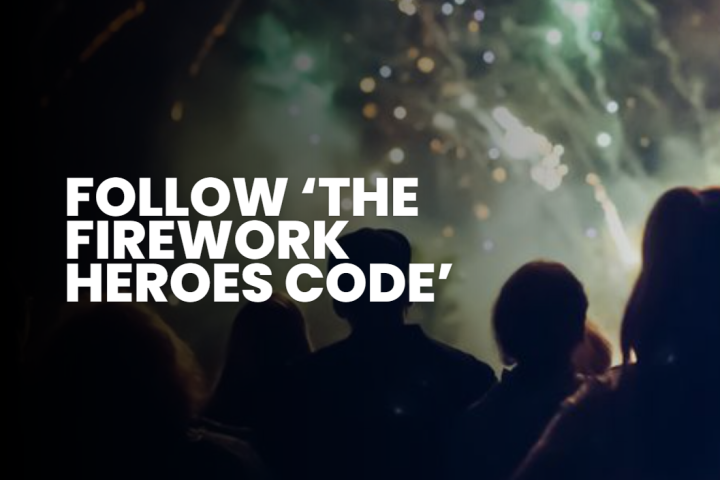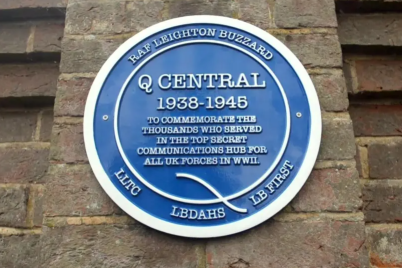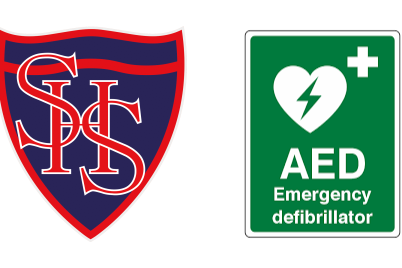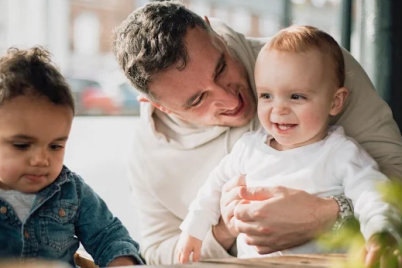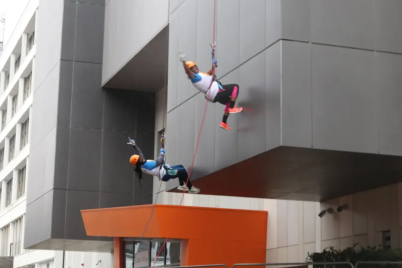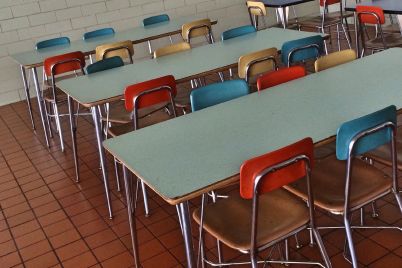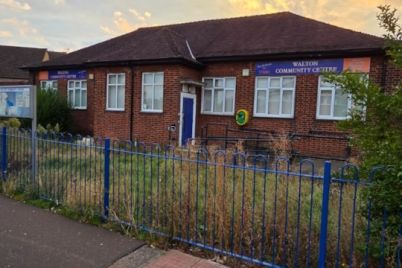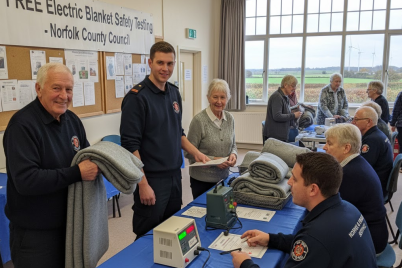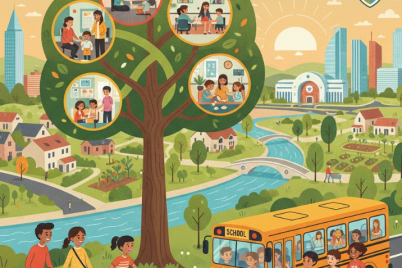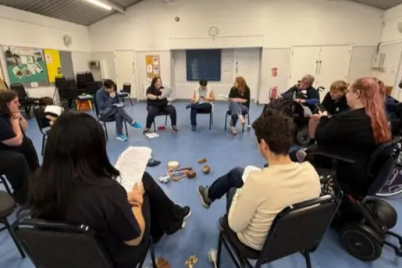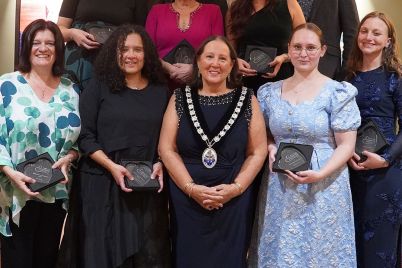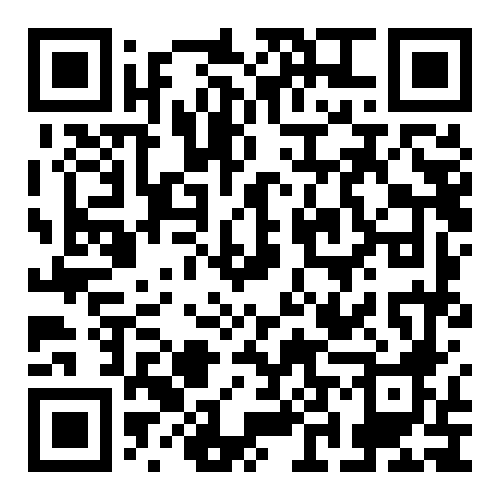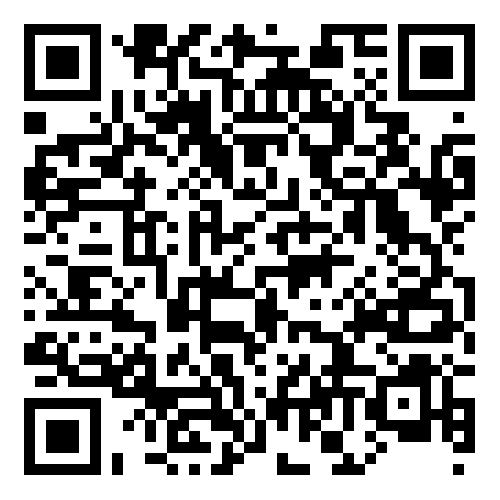As Bonfire Night approaches, health professionals are encouraging the public to be mindful of the effect fireworks can have on veterans living with Post Traumatic Stress Disorder (PTSD).
Norfolk and Suffolk NHS Foundation Trust’s (NSFT) Veterans Integrated Service has launched an awareness campaign to support former service personnel who may find the fireworks season distressing. The Trust aims to remind the public that while fireworks are a familiar part of national celebrations, they can trigger anxiety and traumatic memories for those who have experienced combat.
Vicky Bailey, Veterans Clinical Nurse Specialist at NSFT, said: “Whilst many people find fireworks exciting and a way of marking celebrations, they can be a trauma reminder for those who served in combat. The sudden loud noises, flashes of light, and smells can trigger vivid and terrifying memories of war, leading to heightened anxiety, hypervigilance, and panic.”
She advises veterans to plan ahead to reduce the potential impact of fireworks. “To cope, veterans can use noise-cancelling headphones, practice grounding techniques like focusing on their senses, use coping strategies such as breathing exercises, and surround themselves with supportive friends and family or seek professional help,” she said. “If you do feel able to go to a fireworks display, have a plan to leave if you start to become distressed and schedule other healthy distractions such as exercising at home. Don’t forget to reassure yourself that fireworks season only lasts a short time, and it will soon be over.”
The Trust’s message aligns with national guidance from the charity Help for Heroes, which promotes “The Firework Heroes Code.” This initiative encourages the public to take simple steps to reduce the negative impact fireworks can have on veterans, those with sensory sensitivities, and animals.
The Firework Heroes Code includes five key principles:
Be mindful – consider how fireworks might affect nearby people and pets.
Go to planned public displays – rather than setting off fireworks at home.
Give neighbours advance warning – letting people know the timing of fireworks can help them prepare.
Go silent – choose low-noise or “silent” fireworks to minimise distress.
Give support – if someone appears distressed, offer reassurance and encourage them to seek professional help.
Theresa Mitchell, Head of Hidden Wounds at Help for Heroes, explained why this approach matters. “Many veterans tell us that fireworks season can leave them feeling nervous and fearful, particularly as the season seems to grow in length and is not just focussed on 5 November. Sudden, loud noises, unpredictable flashes of light, and the smell of bonfires can trigger anxiety or bring back traumatic memories. Even those who stay home to avoid the discomfort may experience feelings of isolation.”
Former Senior Aircraftsman Matt Neve, who served in the RAF, echoed the importance of awareness. “Many people look forward to Bonfire Night, and it is a big event in the calendar, but not everyone enjoys it. The Firework Heroes Code is a simple way to ensure that you minimise the impact of your own event on others—so everyone can feel comfortable at this time of year.”
NSFT’s Veterans Integrated Service continues to provide specialist mental health support for veterans and their families across Norfolk and Suffolk. The Trust encourages those affected by fireworks to seek help through their GP or dedicated veterans’ mental health services.
By raising awareness and encouraging considerate behaviour, the campaign aims to make Bonfire Night safer and more inclusive for everyone.


